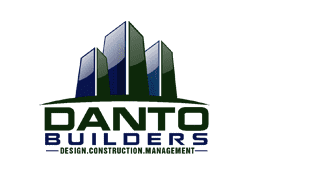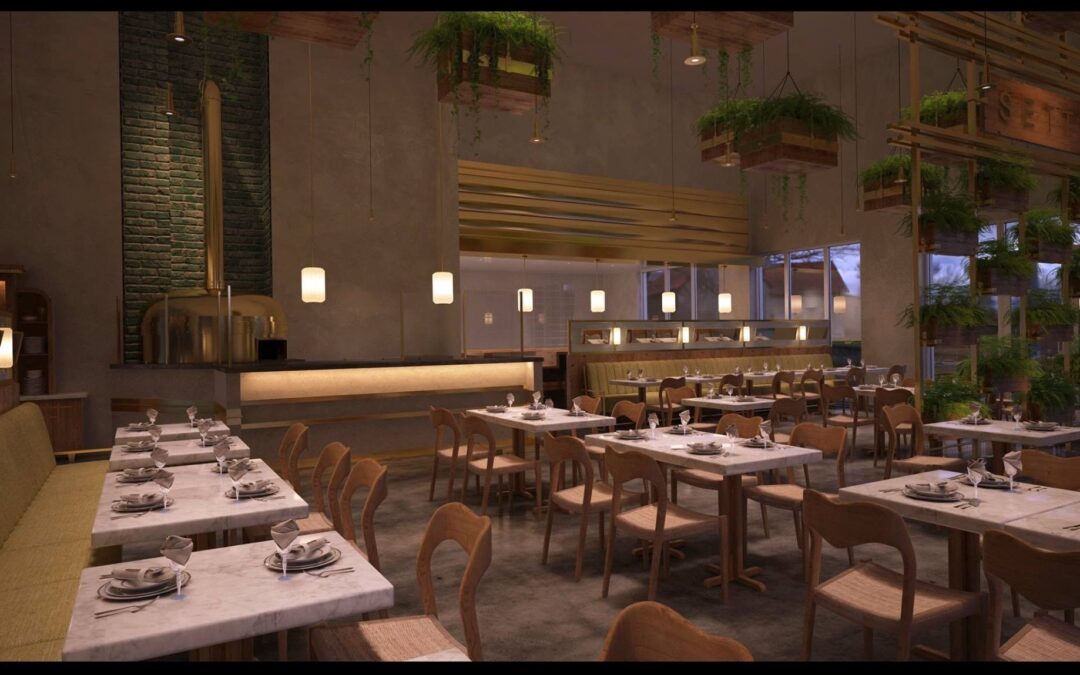You’re excited to get going on your new restaurant and someone tells you about a space that is right on the beach! Or just opening up near you, and…
- It’s perfect – the view is incredible and you love the interior design.
- You get a wonderful feeling when you see the space and you can see yourself in the kitchen, serving up your favorite meals.
- Or it maybe not perfect – but the agent says that you’re the first one to see it and if you don’t take it someone will. And you don’t want to miss out!
- Or the price has just dropped so that now you think you can afford it, and it seems right.
STOP! Don’t sign that lease until you read this blog post!
We see this situation ALL the time – excited new restaurant owners will fall in love with a space for their new restaurant and sign a lease – even before they know what their menu is going to be, or understand the costs of the project and their responsibilities.
We can’t recommend strongly enough that this is NOT the way to start your new restaurant business. In fact, it could be the first step to restaurant failure.
Instead, here are the 5 important steps you need to take before you sign a lease for commercial space.
1. All leases should be reviewed by an attorney – to help you understand your responsibilities and help negotiate the terms.
If you’ve never negotiated for a commercial space before, you’re not aware of all the things that can go wrong that you should look out for. That’s your attorney’s job. You may think you understand the lease agreement and don’t want to spend money on an attorney – but it’s money well spent, given the tens of thousands of dollars that it can save you.
For example, lease payments on the space should not start until plans are completed, a permit is received, and time is allowed for the construction. The process for plans and permit alone can take four to six months. If you don’t know this, you might agree to start paying your lease right away!
And building owners should provide allowances for capital improvements. If the roof, HVAC, or electrical panels are not in good condition – or not up to code for what you need – the building owner should pay for these items. These are just some of the pitfalls you can fall into if you don’t have an attorney to be on your side of the negotiation.
2. An experienced restaurant contractor should do a site visit to ensure that the infrastructure and utilities you need are available.
Not all spaces are created equal! For example, a space that was used for retail (such as a clothing store) will require additional construction costs to make it suitable for a restaurant. The additional costs you’ll have in order to create a working commercial kitchen can include building in a proper grease trap, accessing gas lines for equipment, creating ventilation for a hood over the stove, as well as additional HVAC requirements needed for commercial cooking.
Don’t sign for a space until you understand all the infrastructure that needs to be built into the space to make your restaurant functional.
3. Check for code violations and other pre-existing issues.
If you want to lease a space that was used previously for a restaurant (these are called second-generation restaurants), it still needs to be checked by an experienced contractor. There may be some major code violations that were created by the previous establishment, and you don’t want to inherit these problems or costs.
Whether it is your first restaurant or your 10th restaurant…always check for issues such as zoning and parking, seating capacity, electrical power sources, plumbing sizes, and ventilation access.
4. Understand your equipment needs
Too often, we’ve seen new restaurant owners lease a space only to find out later that they don’t have the space they need for the equipment necessary to cook the food. Often, this is because they haven’t worked in a commercial kitchen before and they haven’t seen how the cooking process works differently from cooking at home or catering.
Do you know what your cooking process will involve when it comes to all the equipment you’ll need? Have you gotten all the specifications for storing and preparing the food? Do you know what the health codes are for food preparation and storage for the items you’ll be preparing? If you haven’t figured out all these questions yet – it’s too early to lease a space!
5. You don’t have financing
If you haven’t figured out all your financing, from the purchasing of equipment to the build-out of the entire space (kitchen and front-of-house), to the hiring of staff, to the utensils you’ll need, you’re not ready yet to sign a lease.
All too often, we see people using money they’ve taken out of lifelong savings, or a home, to finance a restaurant – only to realize later that they’ve only anticipated half or a third of the total costs.
By then, it’s much more difficult to get the financing needed to complete the project and open the restaurant. And a lifetime of the savings – from years of hard work – can be lost within a year.
The bottom line is this: before you sign a lease for any space, it’s important to find professionals who have restaurant experience, so that you have a clear understanding of what is needed and ensure your success.
Thinking about leasing a space for a new restaurant? Contact us and let’s talk!

